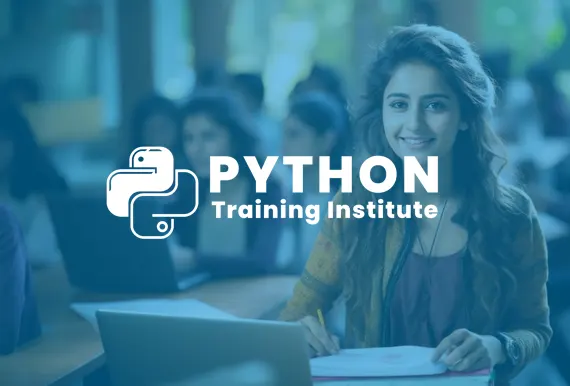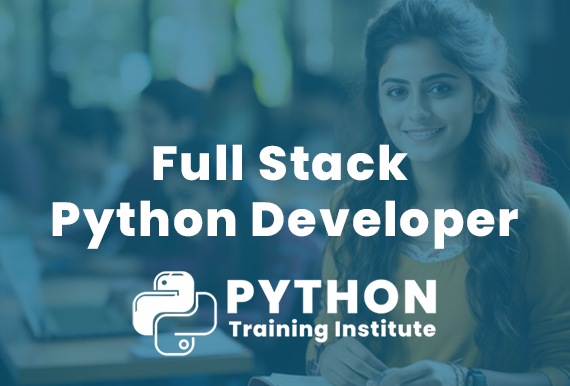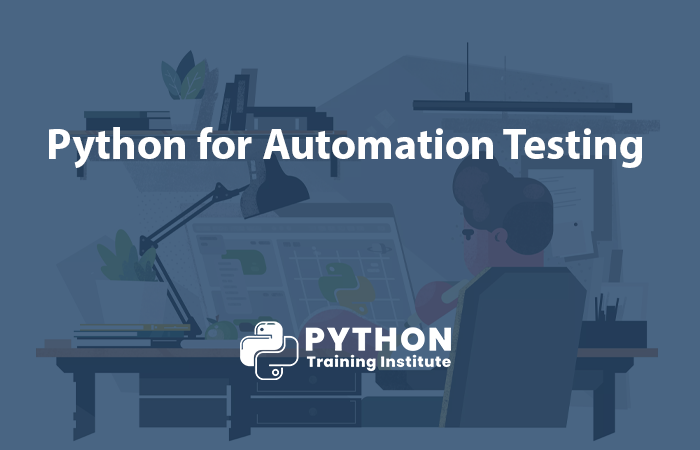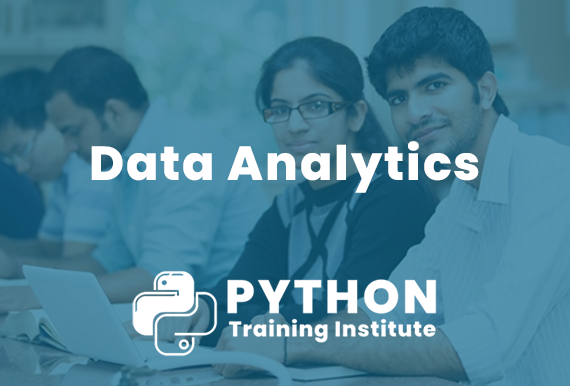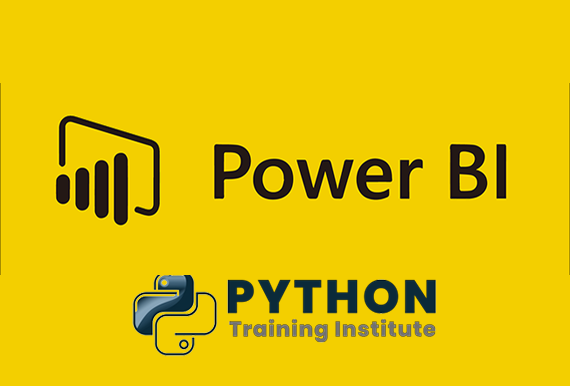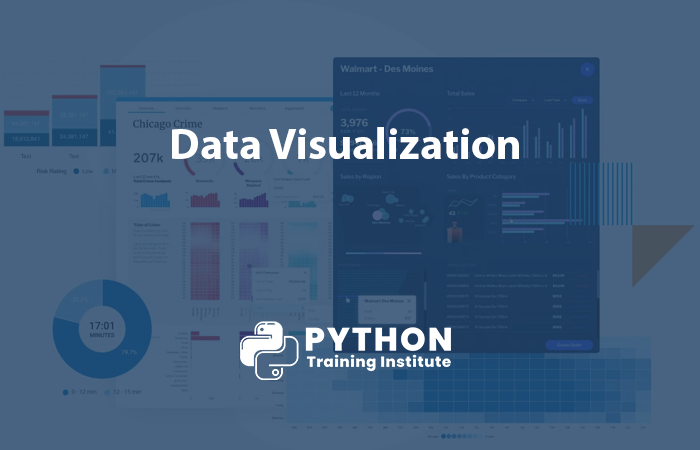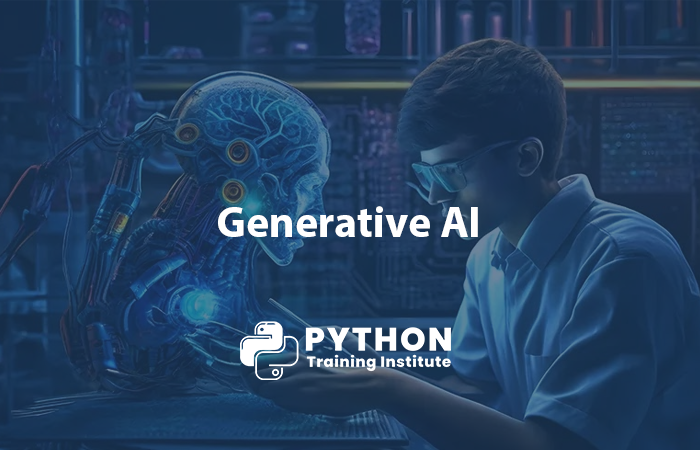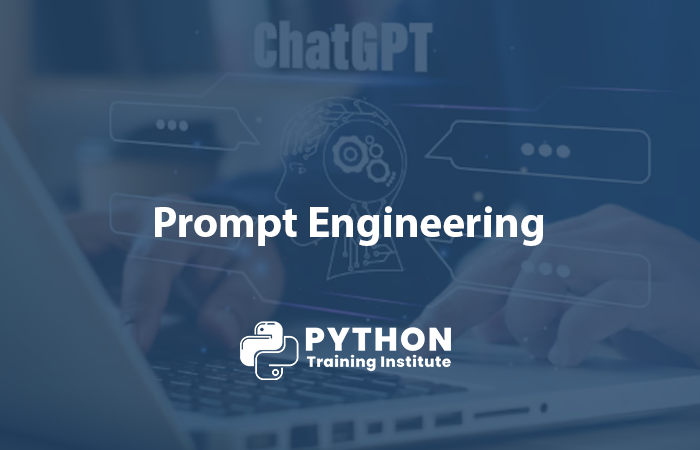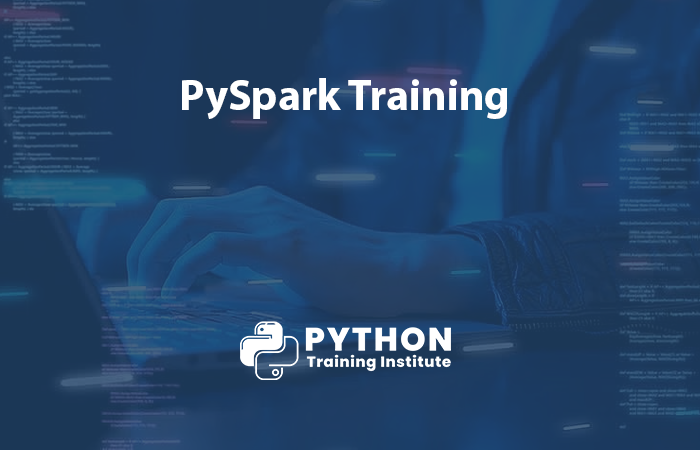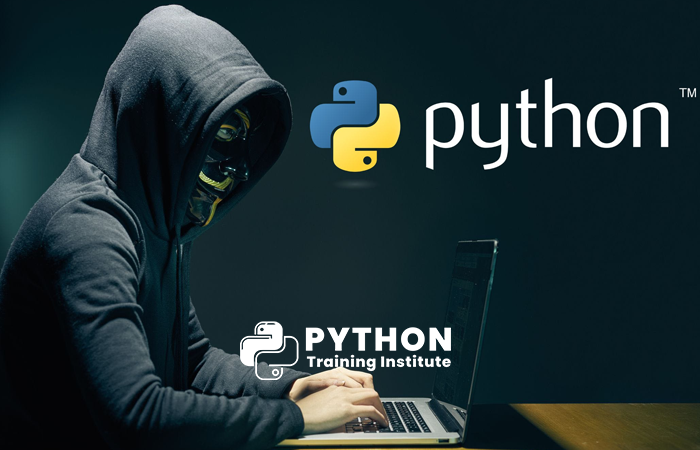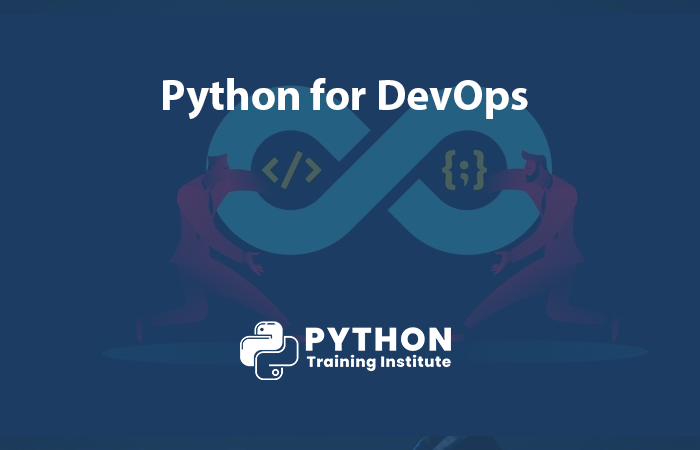1000+ Leading Universities And Companies

























Our Data Science Graduates Thriving in Pune
Join thousands of alumni who secured top data science roles after completing our Data Science training programs.


Learn at Python Training Institute & Get Your
Get Your Dream IT Job in 90 Days
like these Successful Students!
Join our Python Full Stack Development course and gain the skills to excel in the tech industry.
Enroll Now




















































